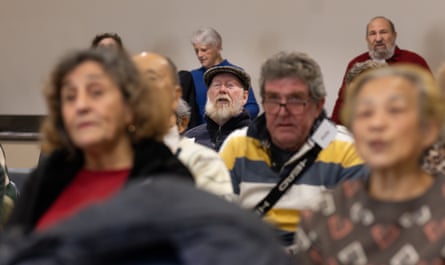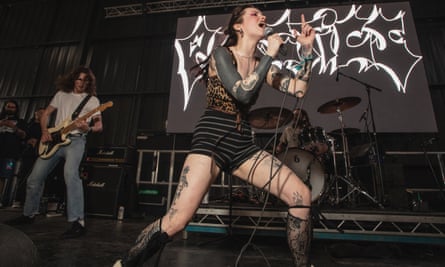During my time as a student at Goldsmiths, I frequently attended concerts and had the opportunity to witness notable premieres by composers such as Ferneyhough, Maxwell Davies, Birtwistle, Boulez, Reich, and LeFanu. I also noticed that the majority of these composers were male. I often attended performances by the London Sinfonietta. However, I eventually made the transition from being a concert attendee to becoming a concert organizer.
Nicola LeFanu was instrumental in promoting the music of her mother, Elizabeth Maconchy, who faced challenges in being recognized as a composer. In 1987, Nicola and a group of female composers, musicians, and administrators founded Women in Music to address this issue. Despite my efforts, I faced constant rejection as a composer due to not fitting the traditional image – I was not white, male, deceased, wearing a wig, or displayed on a wall. My applications to composing courses and competitions were unsuccessful, but I eventually gained admission to the Gulbenkian Course for Choreographers and Composers after three attempts. My aspirations for my music did not align with the established classical music structures.
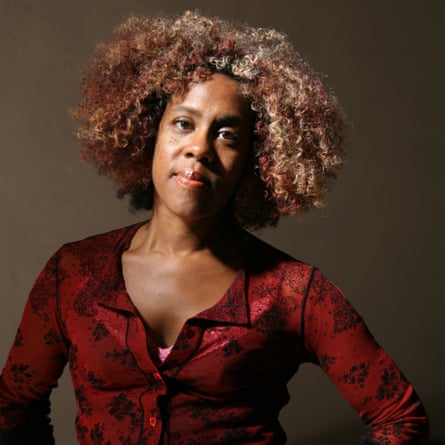
One day, I had an epiphany that no one would play my music unless I took action. I had a vision of contemporary classical music that was enjoyable and uplifting. While I enjoyed attending concerts of new music, they were often too serious and catered to a select audience. Most composers were men and the attire was typically unexciting. As I performed in various venues, I realized my desire to reach a wider audience. I decided to organize a concert with my friends featuring my own compositions. This marked the first performance of Ensemble X in 1990 at the Purcell Room in London’s South Bank. Each audience member received a bite-sized Mars bar as a welcome treat. I had always dreamed of attending a concert with chocolate involved. I personally wrote and hand-delivered press releases to music journalists and newspapers. I also came up with a motto for the band: “We don’t break down barriers in music…we don’t see any.” Although I was initially concerned about the use of the negative in the motto, it accurately reflected my musical aesthetic.
“I had a variety of sounds to work with.”

When I was young, I thought about becoming an opera singer without even understanding what opera was. I wonder if the colorful place mats with scenes from Carmen at my family’s dinner table influenced me. Many years later, when I wrote my first opera, I realized that the intense emotions portrayed in grand opera no longer resonated with me in the same way as when I was eight years old.
When I was a young student, I attended my first opera production, which was Cavalli’s La Calisto, originally performed in Venice in 1651. I was drawn to the minimalistic sound and simplistic elements. As a music major, my preferred eras of music were the baroque and contemporary. During my formal training as a composer, I was taught to reject abstract expression and instead focus on music rooted in mathematics and set theory.
My early education showed me that limitations and boundaries can lead to creating music and impactful moods. The way you manipulate patterns, speed, and distance in music reveals your creativity. Growing up, I was exposed to soul, reggae, and Ella Fitzgerald, giving me a wide range of sounds to experiment with. Although my formal training focused on avant-garde music, I had a diverse musical background.
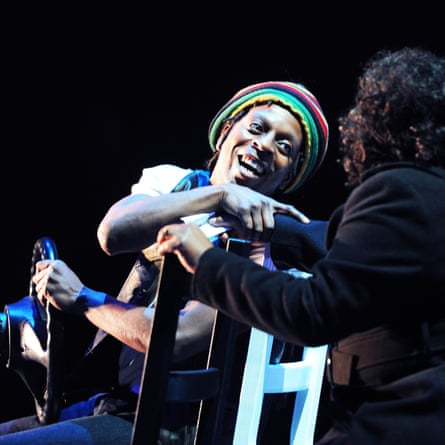
When composing an opera, my first focus is on the characters. While the libretto may take a while to perfect, I see it as the foundation for the piece. Once it’s complete, I approach the work as if starting from scratch. I immerse myself in the characters’ personalities and uncover their hidden depths and motivations, often implied rather than explicitly stated on the page. I patiently wait for them to come to life and reveal themselves to me in three dimensions. Before writing a single note, I visualize their facial expressions and nervous habits. In my opera YES, which premiered at the Linbury theatre in 2011, I envisioned Joan in a specific London square with church bells ringing in the background. This became a recurring theme in the score. My process begins with composing the vocal score, which serves as a guide with fixed vocals and text, accompanied by a piano part outlining the harmonies and important instrumental lines. Only once the vocal score is finalized do I move on to orchestrating and completing the full score. In this stage, the orchestra or ensemble not only brings the characters to life but also creates an environment where that setting becomes a character itself.
The vocals and instrumentals in opera both play significant roles in storytelling. The composer’s role is two-fold: to convey the narrative through character development, and also to offer commentary, challenge, foreshadowing, and even reveal contradictory information. We manipulate, deceive, take, kill, and survive to recount the story.
I would like to compose a written piece discussing the environment and society in which I live.
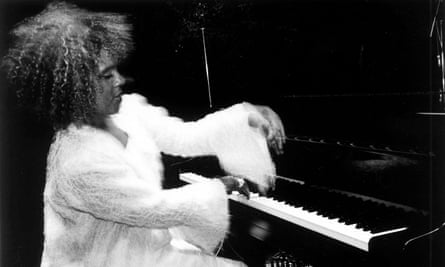
The other day, I made a joke about wanting to throttle anyone who approaches me with the statement “I have a great idea for an opera!” without understanding the immense effort it takes to create one. The most recent suggestion came from an inmate in a maximum-security prison serving a life sentence, so a confrontation would be challenging. Writing the music for an opera can take years and requires a strong stomach, especially when collaborating with a team of unfamiliar individuals with their own strong opinions on how it should be done. However, it is intriguing to consider what topics lend themselves well to opera.
Any topic can be the subject of an opera, but I believe it is crucial for the librettist and composer to feel that it holds significant importance, even a matter of life and death. In a letter I received from a prisoner, I found it touching that he had not realized opera could be about one’s own life or circumstances until he learned about YES. As creators of opera, it is important for us to remember that it is a dramatic art form. Therefore, I am constantly searching for a story with rich dramatic possibilities that can unfold in various directions. I usually have a sense if a subject is right for me based on minimal information. I also consider the setting and time period of the story, as well as whether I can fully engage with the characters for an extended period of time. I ask myself what I can bring to the story that is not already present. I also reflect on why the story must be told through opera rather than other mediums such as a play, film, novel, or poem, where the words may be more easily understood.
When working with my partners, we consider what we need to demonstrate and the most effective way to do so. Some of the most impactful moments in a performance do not involve any speaking or movement. I have a deep drive and sense of duty to write about the world we live in. Opera has the ability to reach a wide audience and is a versatile art form that incorporates text, music, movement, costume, and visual elements. We continue to evolve the art form due to the emotional intensity of the subject matter. The emotional power should make singing a natural and necessary expression, with the voice being the ultimate vessel for emotion.
Source: theguardian.com










